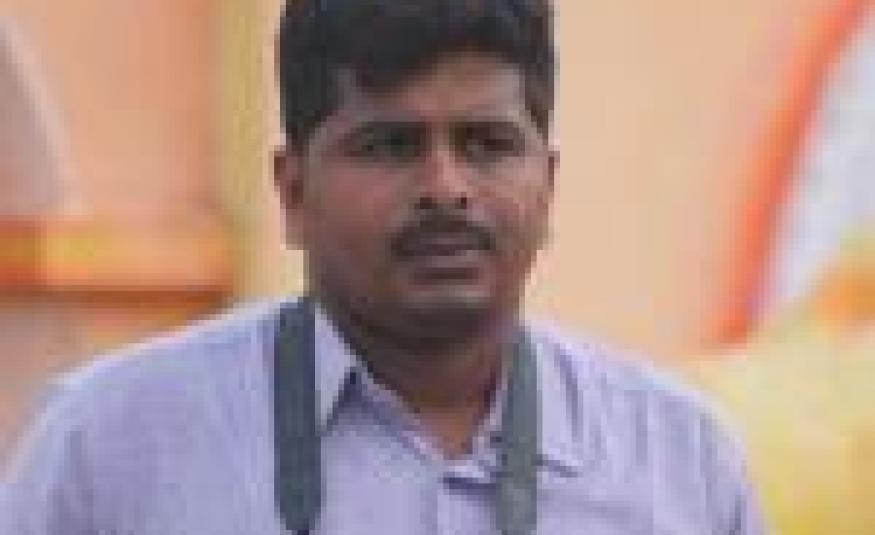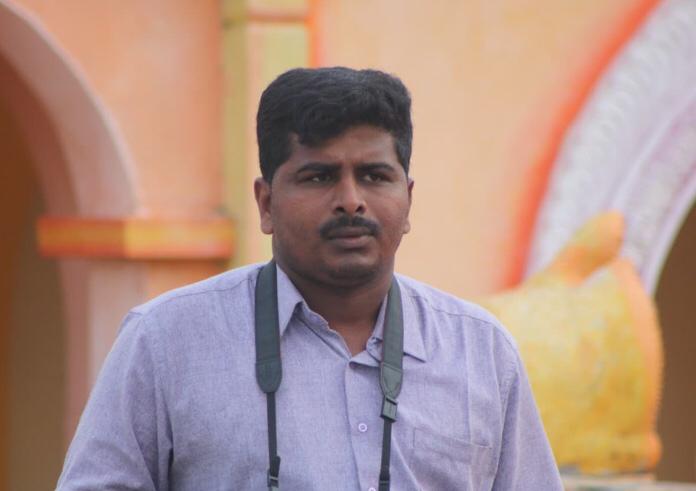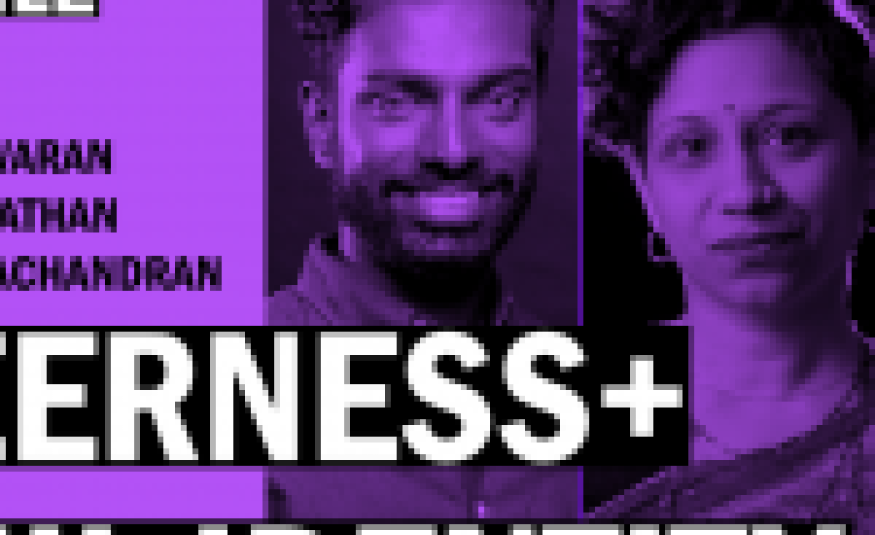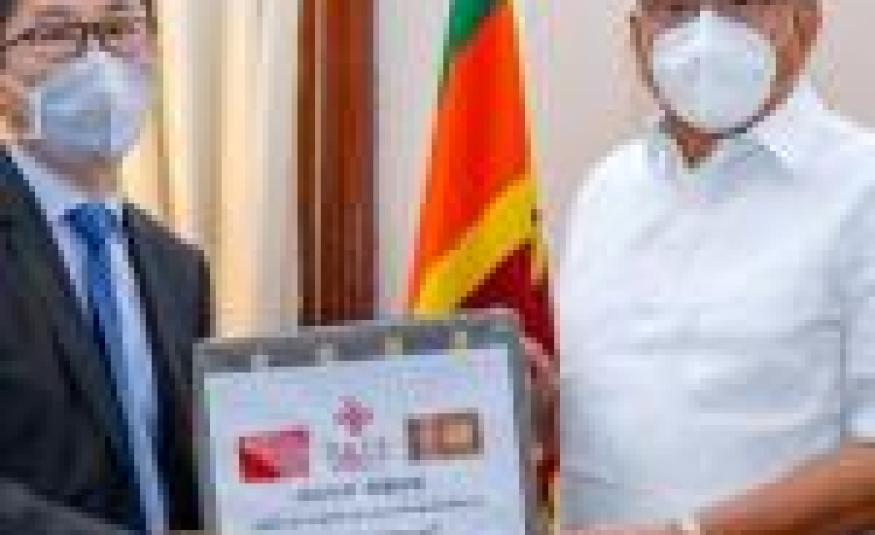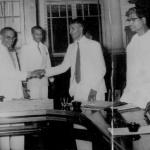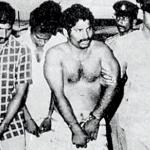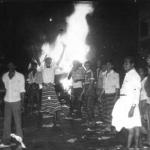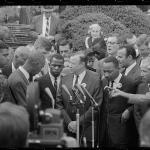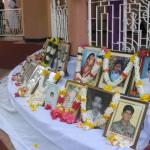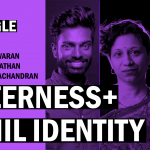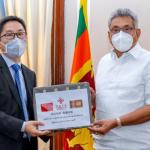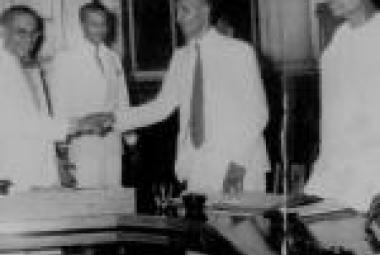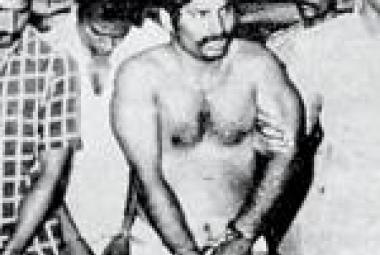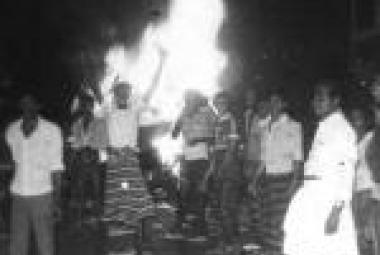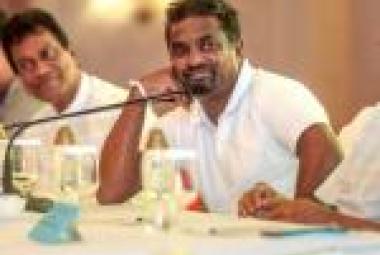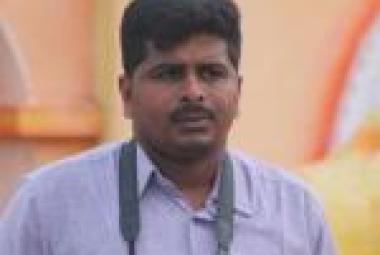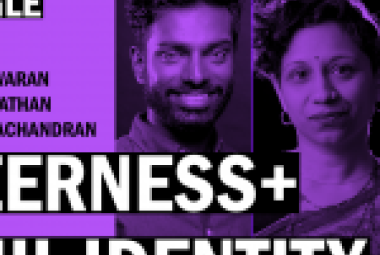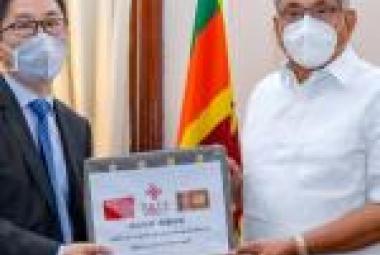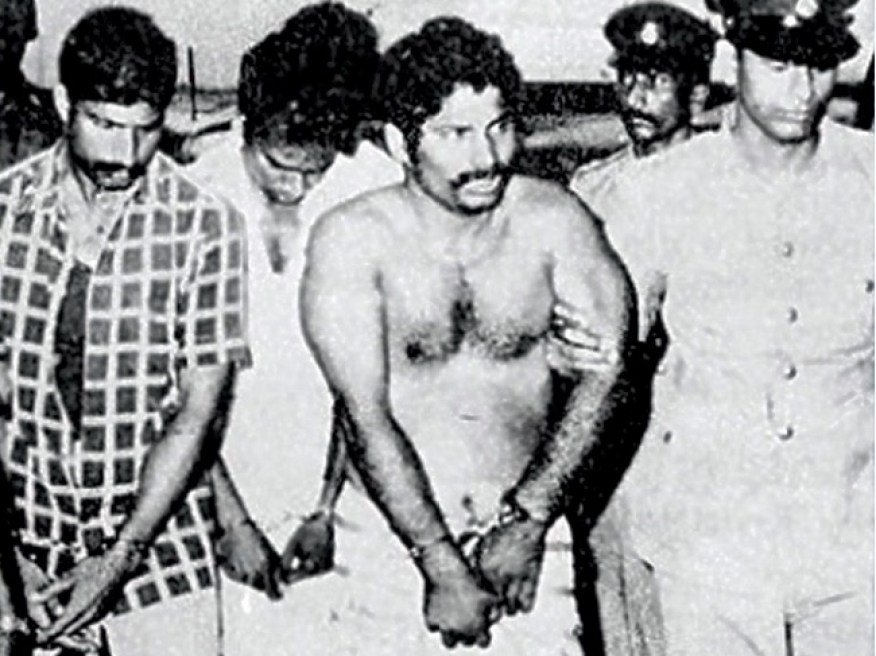
Selvarajah Yogachandran, referred to as Kuttimani, and Nadarajah Thangavelu, alias Thangathurai were the co-founding leaders of TLO (Tamil Liberation Organisation). The group consisted of student revolutionaries working for a common goal – a free Tamil Eelam. TLO was informally formed in 1969, in Valvettithurai. It then later became the centralised notion for Tamil Eelam Liberation Organisation (TELO). It was rumoured that they robbed banks to fund their radical activities.
In 1976, Kuttimani’s name appeared on the list of 47 Tamil prisoners held without trial under Emergency Regulations. Martin Ennals of Amnesty International had constructed the Report of Amnesty International Mission (Jan 1975) in which it indicates that Kuttimani was a “prisoner whose case is under investigation by Amnesty International”. The report further discloses that Kuttimani was kept in Welikada and was arrested in August 1975. He was released in 1977.
On March 21st, 1981, Neervely’s Bank robbery of 8 million Sri Lankan rupees led the Sri Lankan police officials to accuse Kuttimani as the orchestrater. He was arrested on April 5, 1981 along with Thangathurai and Selvadurai Sivasubramaniam alias, Devan, while bidding to escape in a boat to Tamil Nadu. The following year, in August, Kuttimani and Jegan were served a death sentence by Colombo High Court, under the Prevention of Terrorism Act (PTA).
Ganeshanathan Jeganathan, nicknamed Jegan was a political writer and one of the members of TELO. He hailed from Thondaimanaru. The abrupt death of TULF’s Vaddukoddai MP T. Thirunavukkarasu in 1982, allowed an open seat for Kuttimani. Despite a multitude of pressure to nominate Kuttimani as their sponsored candidate in the first Presidential election, the leader of TULF, A. Amirthalingam feared the wrath of Jayewardene.
Caving to the will of the people, Amirthalingam informed the Elections Commissioner of his decision to nominate Kuttimani as the new MP of Vaddukoddai. Still, Kuttimani would not be released from prison to take his oaths, and legally, he was disqualified from membership of parliament.
On November 2nd, 1981, the trials of Kuttimani, Thangathurai and Devan began under the Sri Lanka Prevention of Terrorism Act. The outcome of the trial was a death sentence. Famously, Kuttimani stated:
“I request that I should be hanged in Tamil Eelam… I request that my eyes be donated to some blind person, so that Kuttimani will be able to see through those eyes the reality of Tamil Eelam”.
Whilst their trials were still pending, Kuttimani and Thangathurai were brutally murdered in Welikada Maximum Security Prison. Kuttimani’s tormentors “gouged out” his eyes - an allusion to the request that he had made and Thangathurai’s tongue was cut off for his speeches of nonconformity. According to Amnesty International the Sinhala prisoners were offered alcohol and permitted to attack the Tamil prisoners.
Along with Kuttimani and Thangathurai, the Tamil prisoners who were massacred in Welikada on 25th July 1983 were:
Nadesathasan, Jegan, Alias Sivarasa, Sivan Anpalagan, A. Balasubramaniam, Surash Kumar, Arunthavarajah, Thanapalasingham, Arafat, Anpalagan Sunduran, P. Mahendran, Ramalingam Balachandran, K. Thillainathan, K. Thavarajasingham, S. Subramaniam, Mylvaganam Sinnaiah, G. Mylvaganam, Ch. Sivanantharajah, T. Kandiah, S. Sathiyaseelan, Kathiravelpillai, Easvaranathan, K. Nagarajah, Gunapalan Ganeshalingam, S. Kularajasekaram, K. Krishnakumar, K. Uthaya Kumar, R. Yoganathan, S. Sivakumar, A. Uthayakumar, A. Rajan, G. Amirthalingam, S. Balachandran, V. Chandrakumar, Yogachandran Killi, Sittampalam Chandrakulam and Master Navaratnam Sivapatham.
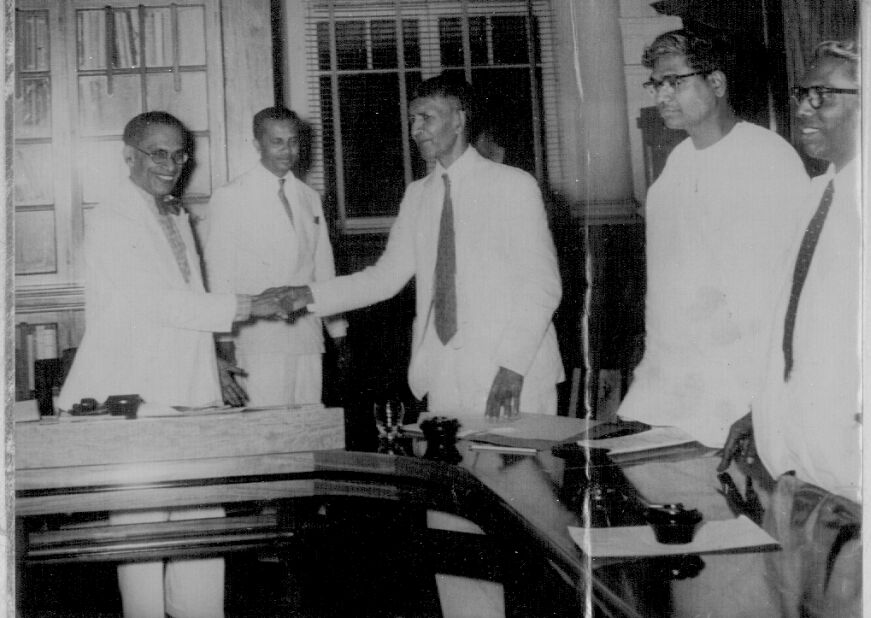

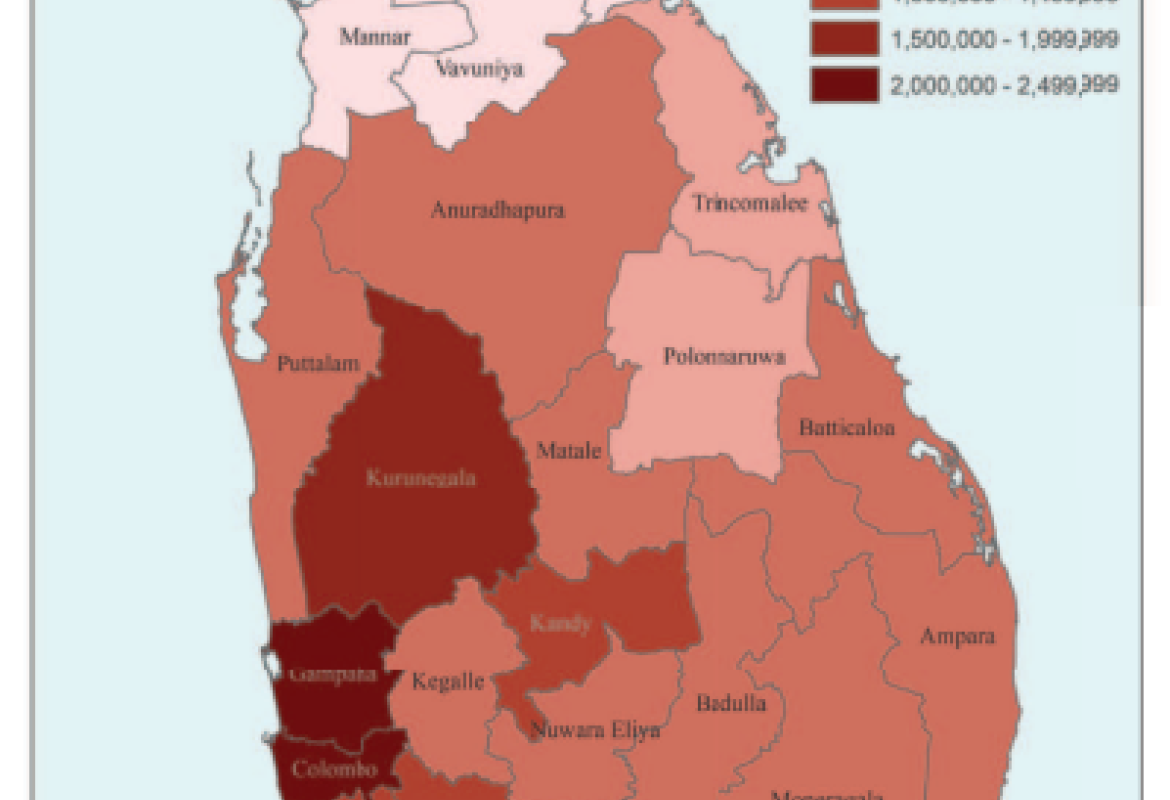
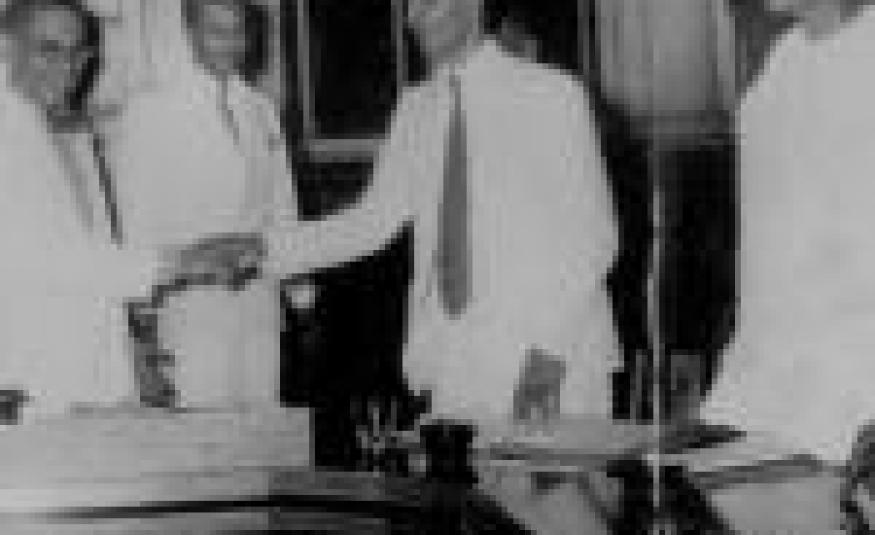
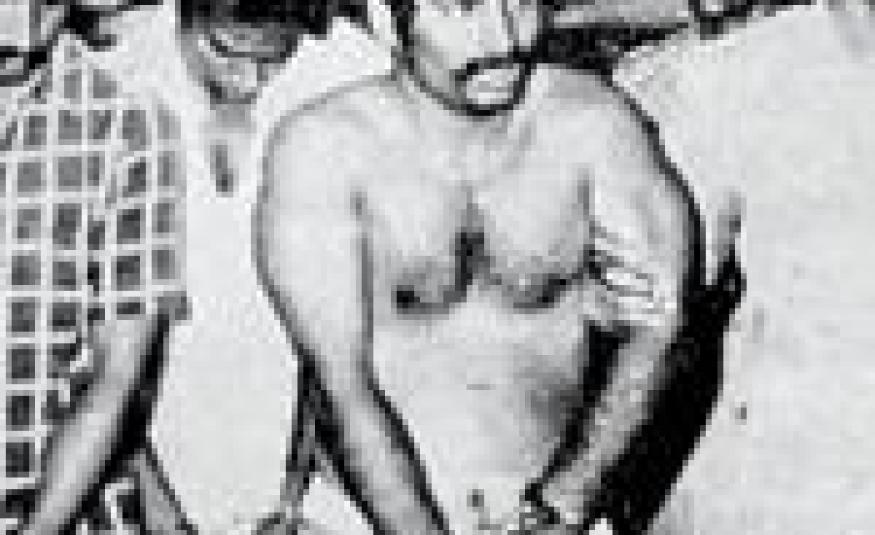

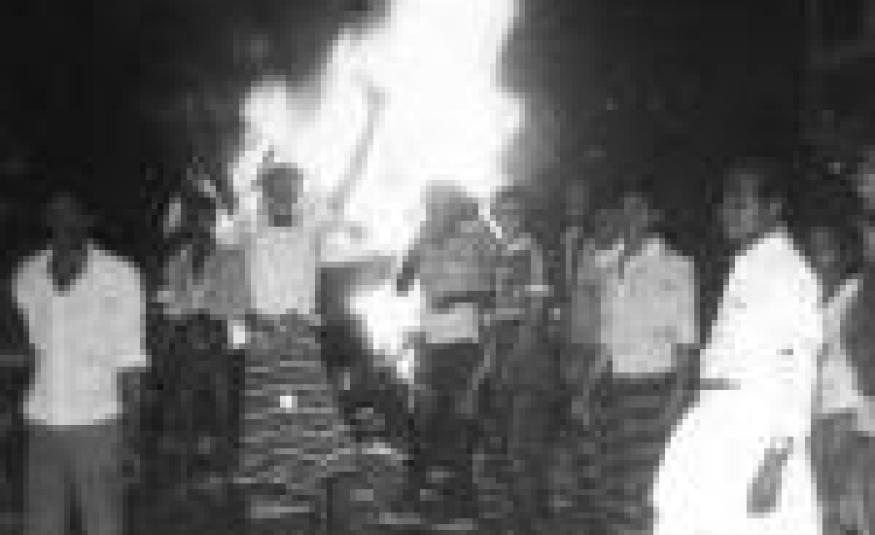
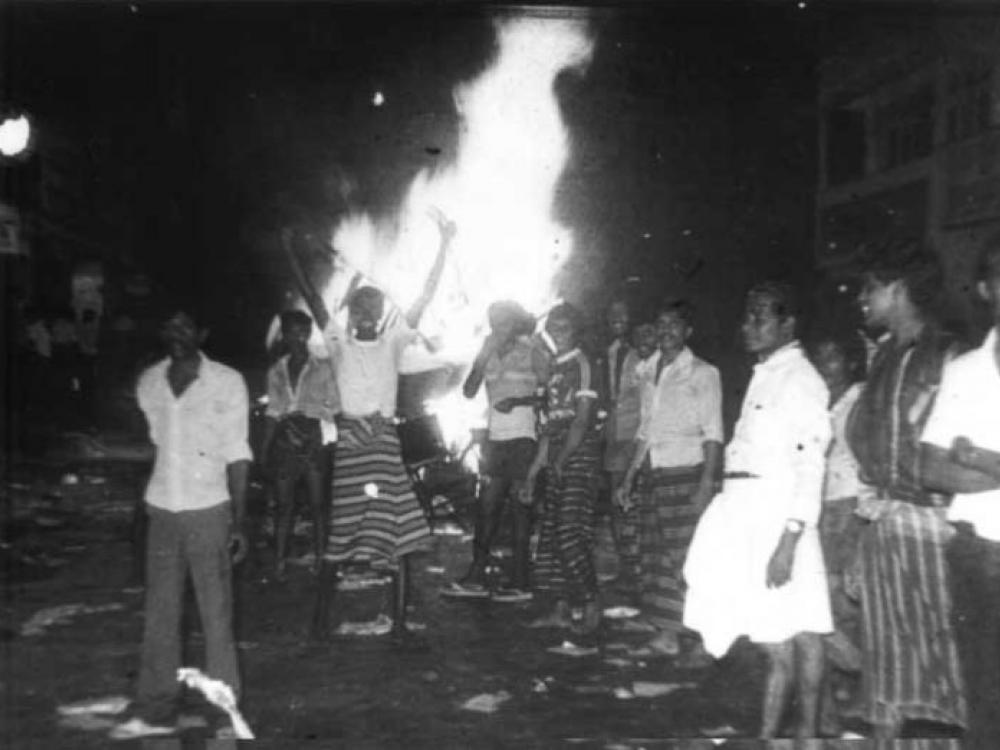
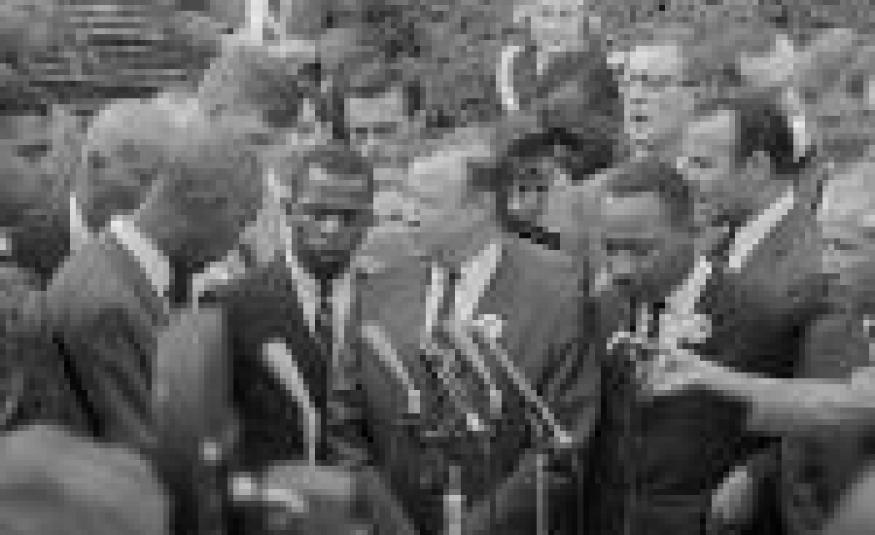
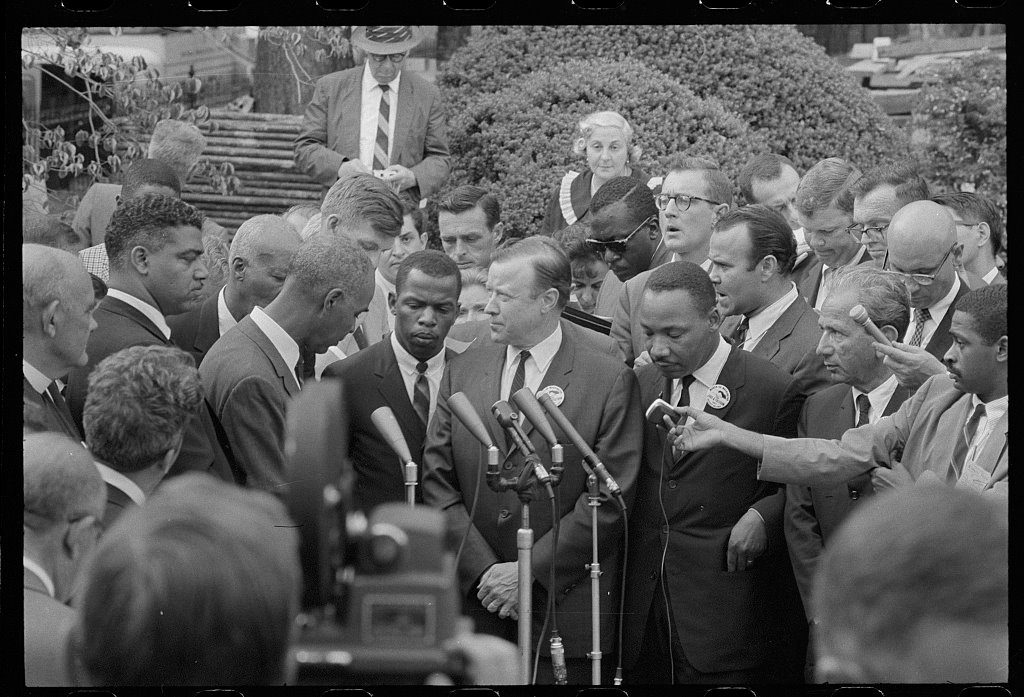
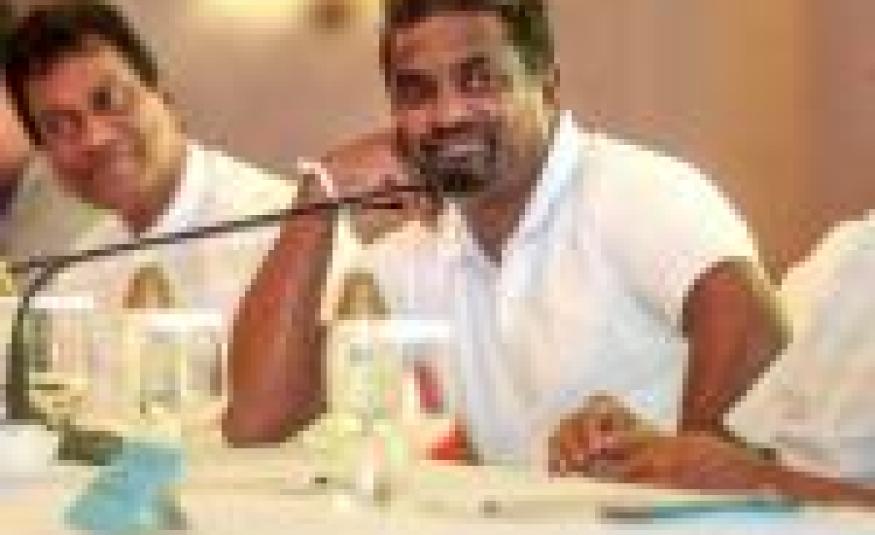
.jpg)
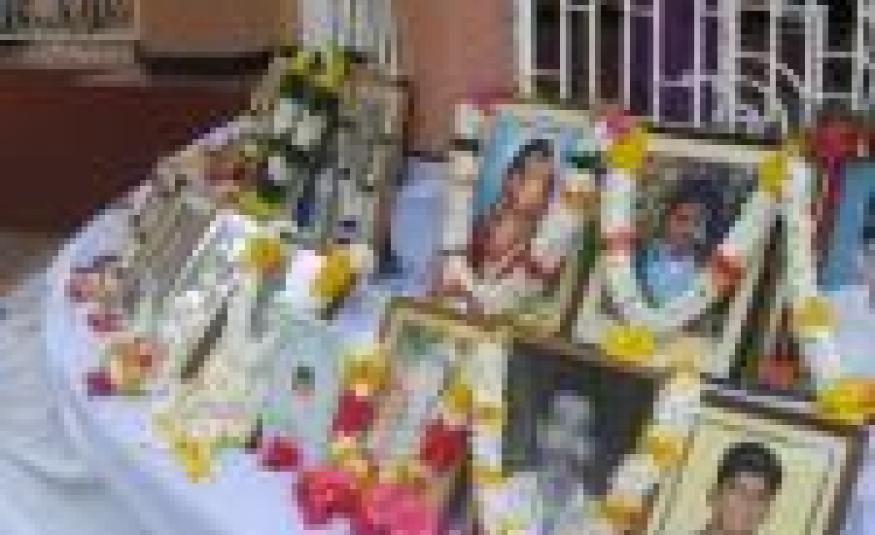
.jpg)
